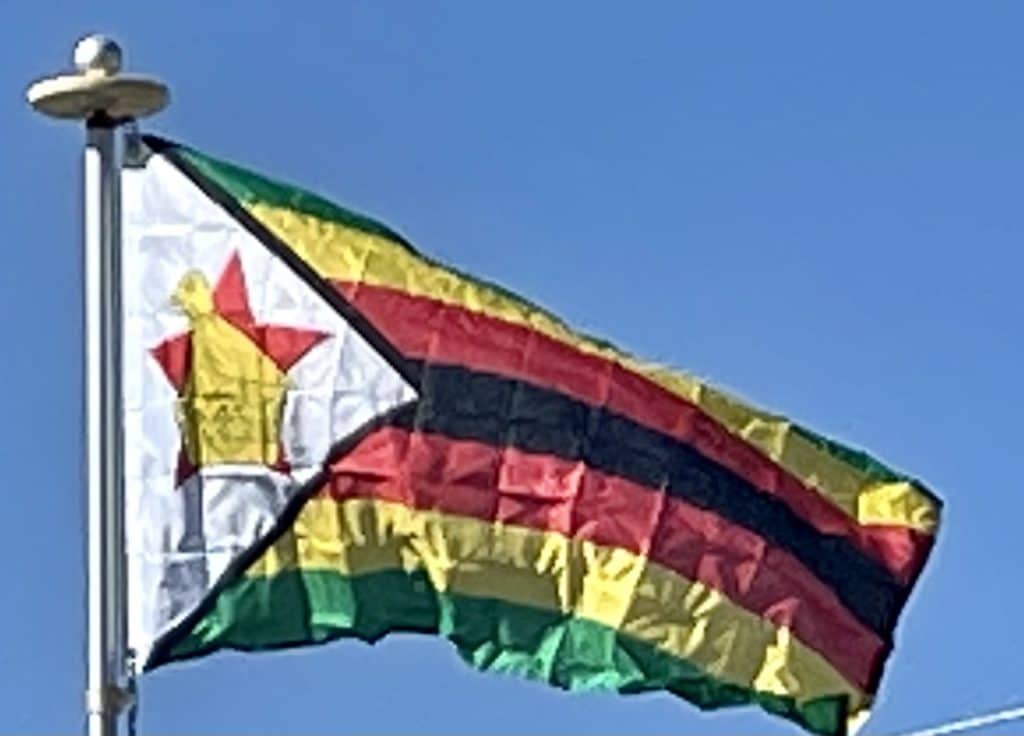
In January 2007, the government issued long-term leases to some white farmers. At the same time, however, the government also continued to demand that all remaining white farmers, who were given eviction notices earlier, vacate the land or risk being arrested. Mugabe pointed to foreign governments and alleged “sabotage” as the cause of the fall of the Zimbabwean economy, as well as the country’s 80% formal unemployment rate.
Inflation rose from an annual rate of 32% in 1998, to an official estimated high of 11,200,000% in August 2008 according to the country’s Central Statistical Office. This represented a state of hyperinflation, and the central bank introduced a new 100 trillion dollar note.
On 29 January 2009, in an effort to counteract runaway inflation, acting Finance Minister Patrick Chinamasa announced that Zimbabweans will be permitted to use other, more stable currencies to do business, alongside the Zimbabwe dollar. In an effort to combat inflation and foster economic growth the Zimbabwean dollar was suspended indefinitely on 12 April 2009. In 2016 Zimbabwe allowed trade in the United States dollar and various other currencies such as the rand (South Africa), the pula (Botswana), the euro, and the Pound Sterling (UK). In February 2019, RBZ Governor introduced a new local currency, the RTGS Dollar in a move to address some of the Zimbabwean economic and financial challenges.
After the formation of the Unity Government and the adoption of several currencies instead of the Zimbabwe dollar in 2009, the Zimbabwean economy rebounded. GDP grew by 8–9% a year between 2009 and 2012. In November 2010, the IMF described the Zimbabwean economy as “completing its second year of buoyant economic growth”. By 2014, Zimbabwe had recovered to levels seen in the 1990s but between 2012 and 2016 growth faltered.
Zimplats, the nation’s largest platinum company, has proceeded with US$500 million in expansions, and is also continuing a separate US$2 billion project, despite threats by Mugabe to nationalize the company. The pan-African investment bank IMARA released a favorable report in February 2011 on investment prospects in Zimbabwe, citing an improved revenue base and higher tax receipts.
In late January 2013, the Zimbabwean finance ministry reported that they had only $217 in their treasury and would apply for donations to finance the coming elections that is estimated to cost US$107 million.

